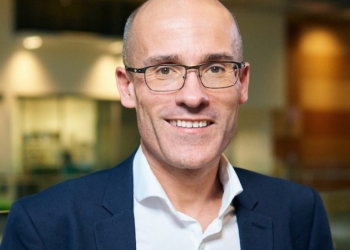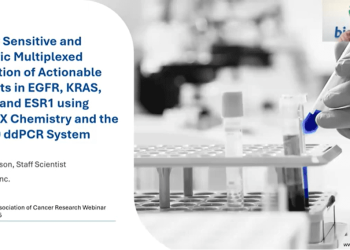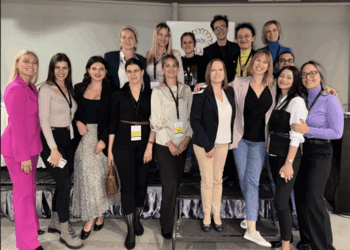Have you ever been ready to publish your exciting, potentially groundbreaking new piece of research based on many months of hard work – only to discover that another group has independently come to the same conclusions, and submitted it for publication before you? Your research is still exciting, still groundbreaking, but suddenly no longer ‘novel’, and may be rejected by top journals.
“Just as summiting Everest second is still an incredible achievement, so too, we believe, is the scientific research resulting from a group who have replicated the important findings of another group.”
PLOS Biology
The editors of PLOS Biology have officially welcomed the publication of ‘scooped’ research. Scooped research is generally defined as when two groups are independently studying the same thing, but one happens to publish the results first. This leaves the second group in the position of being ‘scooped’.
PLOS Biology have announced that they now have an official policy of welcoming the submission of ‘scooped’ research, where a group has independently replicated the findings of another group. They state “at PLOS Biology, we consider that two papers from two groups independently identifying the same phenomenon in parallel increase the confidence in the results of the work.”
Authors of such “complementary studies” will now have six months from publication or preprint of the first article to submit their own research to PLOS Biology.
Well done, PLOS Biology!










